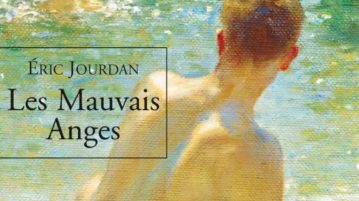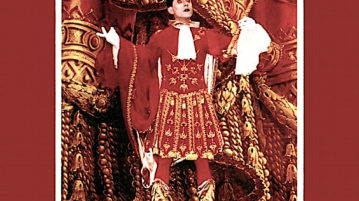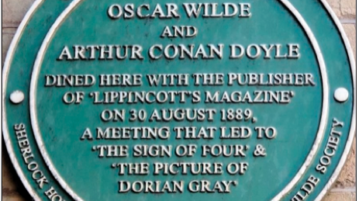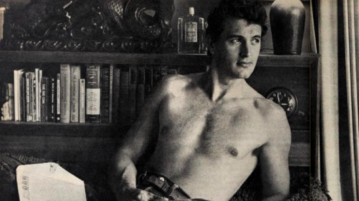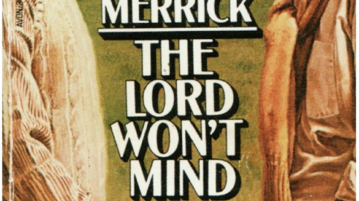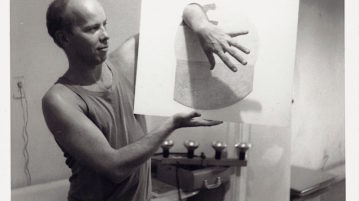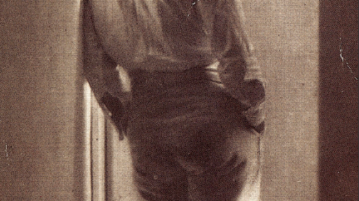
Forster’s Maurice May Have Saved My Life
OF THE HANDFUL of books that informed my adolescent understanding of what it meant to be gay, E. M. Forster’s posthumously published Maurice was the most revelatory. The reasons are numerous, but the most important was that it held out hope to a confused young mind enduring a very dark night of the soul.
More

